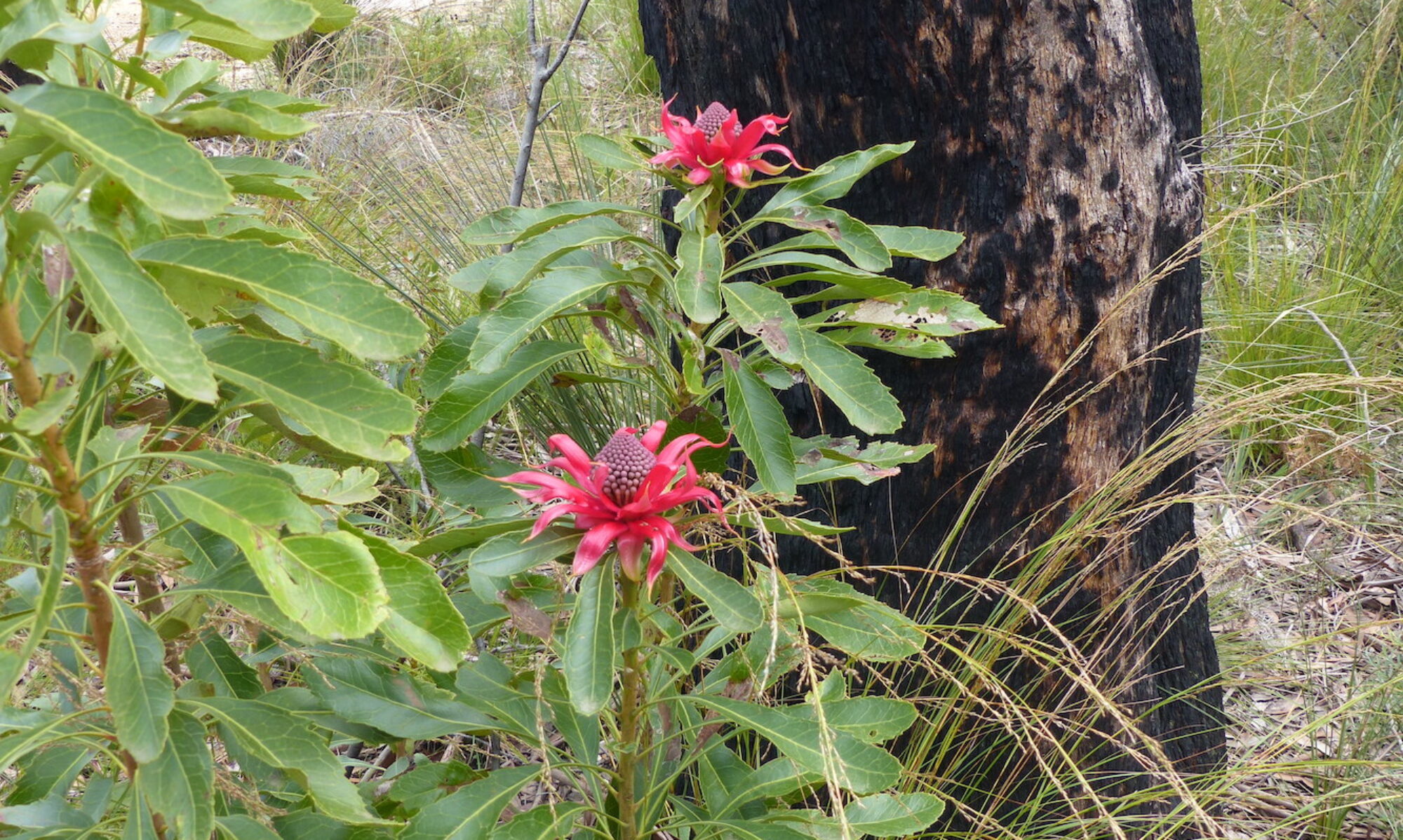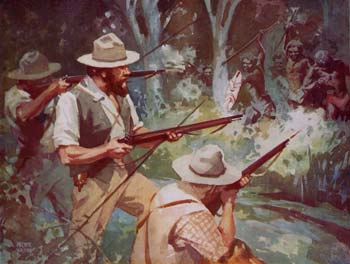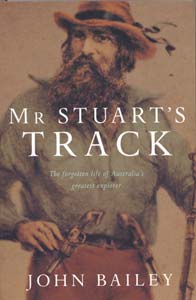© Jim Low
I have just finished reading John Bailey’s recent biography of the explorer John McDouall Stuart, Mr Stuart’s Track. It is a fascinating read about the man some, including Bailey himself, consider Australia’s greatest explorer. Throughout the book, Bailey skilfully recreates various hypothetical situations, based on recorded fact but laced with intuitive reasoning, to flesh out Stuart and some of his contemporaries. It makes very interesting reading and provides much food for thought.
So many outcomes of the past were the result of the belief in the means being solely justified by the end. I was reminded of this when reading some of the reaction to an encounter Stuart had with some Aboriginal people while returning from his fourth inland expedition.
“If civilisation were possible, the lives of a few savages were not to be considered.” So spoke one politician during a debate in the South Australian Parliament in September 1860. Stuart and his party had only just returned from an attempt to cross Australia from south to north. During this expedition they had experienced what had been perceived as an attack upon them by a large group of Aboriginal people. As a result they fired upon the Aboriginals.
For many of the colonists, it was imperative that Stuart’s expedition reach the north as soon as possible. They were eager to see a telegraphic link established with the other side of the world, for the prosperity of the colony. In their view, there were enough hardships and dangers in this endeavour, without having the local native population along the way causing extra problems. Much outrage was expressed in parliament similar to the response quoted in the previous paragraph.
One suggestion was to arm the next expedition ‘with the very best revolvers’ so they could ‘force their way in spite of all opposition’. And this was agreed to. One of the criteria for selection of the bushmen who rode with Stuart included their being good shots. The most memorable picture of Stuart shows him dressed in his bushman’s attire, with two revolvers attached to his belt. He also holds a rifle, most likely one of two presented to him by the Governor before the expedition left. A detail of this painting is used on the cover of Bailey’s book.
Sometimes it can be argued that decisions based on the end justifying the means result from people’s ignorance. Not in this case. It certainly confounds the meaning of adjectives like ‘civilised’ and ‘savage’, doesn’t it?
Many in powerful positions still subscribe to this behaviour sanctioning practice. How many times do leaders resort to dishonesty (‘withholding the truth’, ‘deliberate deception’, ‘intentional misrepresentation’, ‘fudging the truth’) in the supposed ‘interests of the greater good’ (perhaps read instead: ‘their own good’)? Politicians have lost ministerial positions for doing just that – and in New South Wales, you don’t have to have a long memory to recall such examples, do you, now?
The fact that, at this present moment, there is debate in the United States of America over the sanctioning of various forms of torture, as legitimate ‘interrogation techniques’, is terrifying in itself. But again we hear that the end will justify the means in ‘the war on terror’. And so it continues … restrictions on civil liberties, the mind numbing excuse called ‘collateral damage’… Hey, what about war itself?
We need seriously to rethink the belief in the means being justified by the end. The previous two words say it all.
© Jim Low



